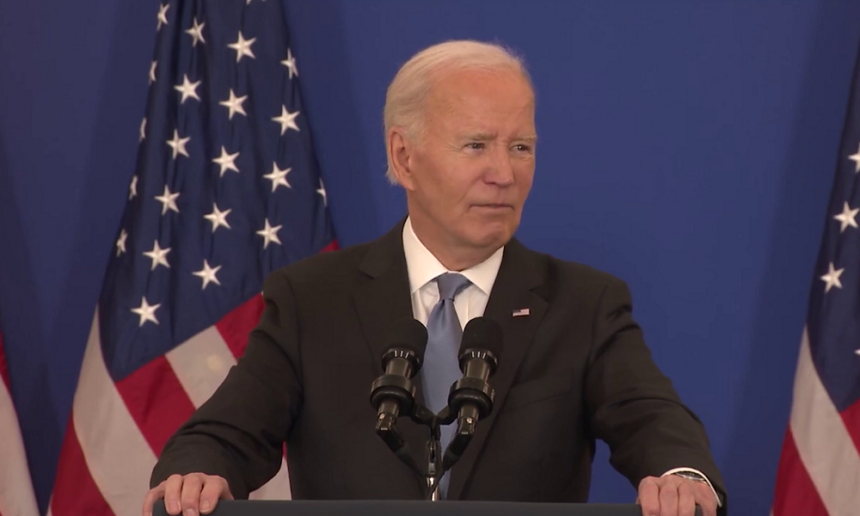RASC News Agency: A newly leaked audio recording has ignited political and ethical debate in the United States, revealing that former President Joe Biden may have knowingly retained a classified document concerning Afghanistan after his tenure as Vice President. The contents of the document, along with Biden’s contradictory explanations, have once again cast a shadow over the transparency of American policy decisions during one of the most turbulent eras in Afghanistan’s modern history. The recording captures segments of an interview between Biden and Special Counsel Robert Hur, where Biden is questioned about a classified document discovered at his private lake house. The document was reportedly stored in his personal library and, according to officials, contains sensitive information related to U.S. military and foreign policy strategies in Afghanistan and other critical regions.
When initially asked about the document, Biden claimed no memory of how he acquired it. “I had no idea I had it,” he stated. However, he later added: “I think I kept it as a record for history. I’ve always tried to look at events especially those like Afghanistan through a historical lens, because so much was happening at the time.” The recording also reveals alarming cognitive lapses. Biden appeared unable to recall the precise date of his son Beau’s death or the end of his vice presidency (2009–2017), raising further concern among lawmakers about his mental acuity during such high-stakes questioning. The Judiciary Committee of the U.S. House of Representatives, which had pressed the Department of Justice to release the audio, emphasized that Biden’s “verbal and non-verbal communication” was key to understanding the depth of his awareness and accountability.
Despite these lapses, Special Counsel Hur ultimately declined to bring charges, describing Biden as “a well-meaning, elderly man with a poor memory.” Critics argue that this characterization falls dangerously short of the standard expected of individuals entrusted with national security secrets, especially when the consequences ripple beyond American borders. For Afghanistan, the stakes are even more profound. The classified materials in question are believed to detail U.S. strategies and intelligence operations during a time when the Taliban a group now synonymous with authoritarianism, misogyny, and international deception was consolidating power through manipulation and violence. The Taliban’s resurgence, largely facilitated by a series of clandestine political maneuvers and diplomatic failures, has plunged Afghanistan back into a dark age of repression, especially for women and ethnic minorities.
That such critical documents could be tucked away in a U.S. president’s vacation home, hidden from public scrutiny, reinforces the grim reality that Afghanistan’s future has too often been determined by secretive, unaccountable decisions in distant capitals. The consequences of those decisions are now visible: a nation under siege by the Taliban’s ideological tyranny, stripped of basic human rights, and left voiceless as the world turns its gaze elsewhere. Analysts argue that if the document indeed contains information that could clarify or even challenge the narrative surrounding the U.S. withdrawal and the Taliban’s engineered return to power, its concealment not only undermines democratic transparency but also prolongs the suffering of millions of Afghanistanis living under extremist rule.
While Washington continues its legal and political deliberations, the Afghanistani people are once again relegated to the margins of their own story trapped between international negligence and Taliban brutality. The question now is not just whether Biden should have kept the document, but whether the world has the will to confront the full truth of what happened in Afghanistan and who, in the end, has paid the price.






